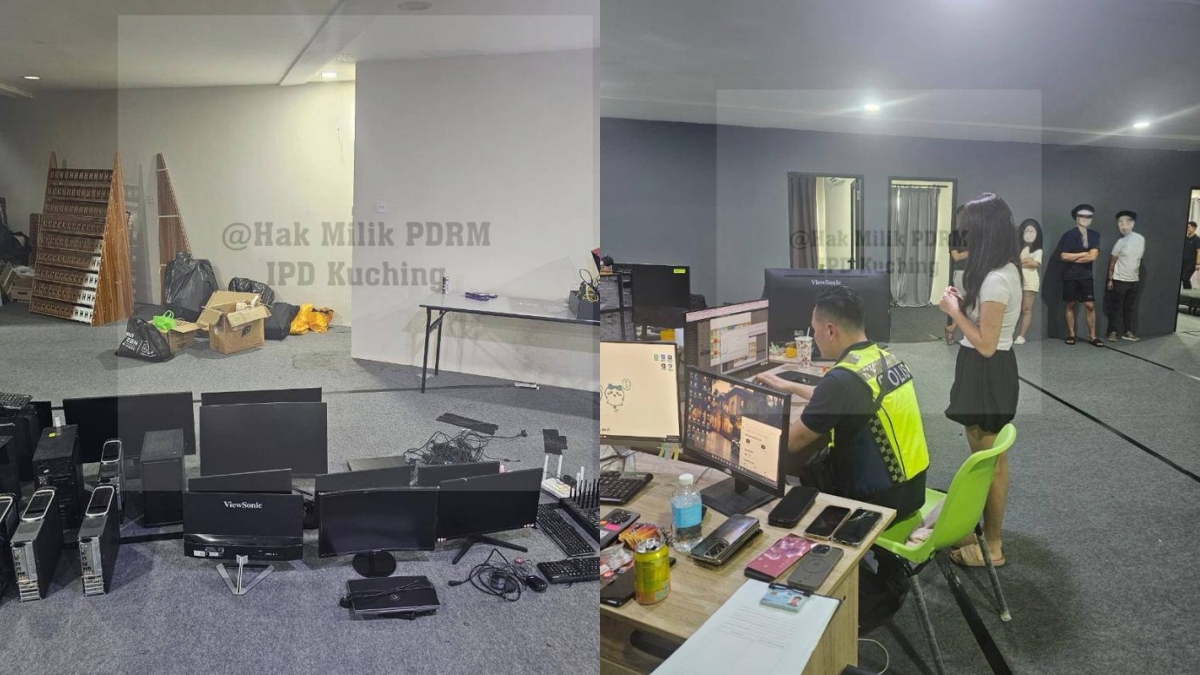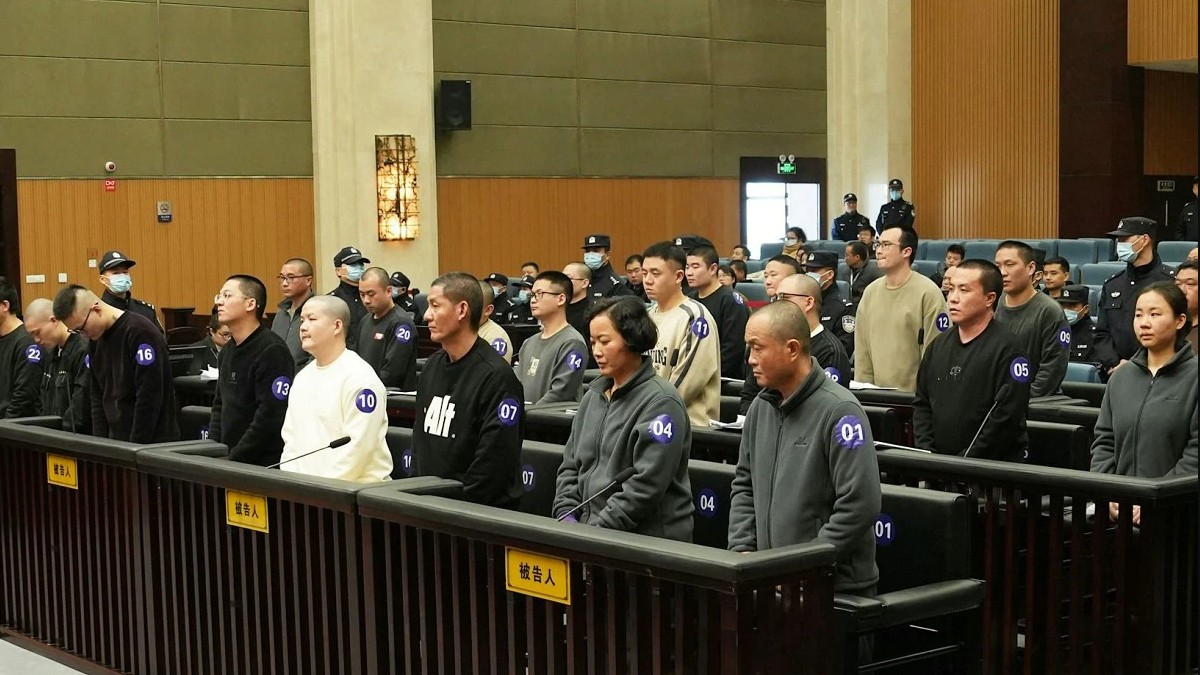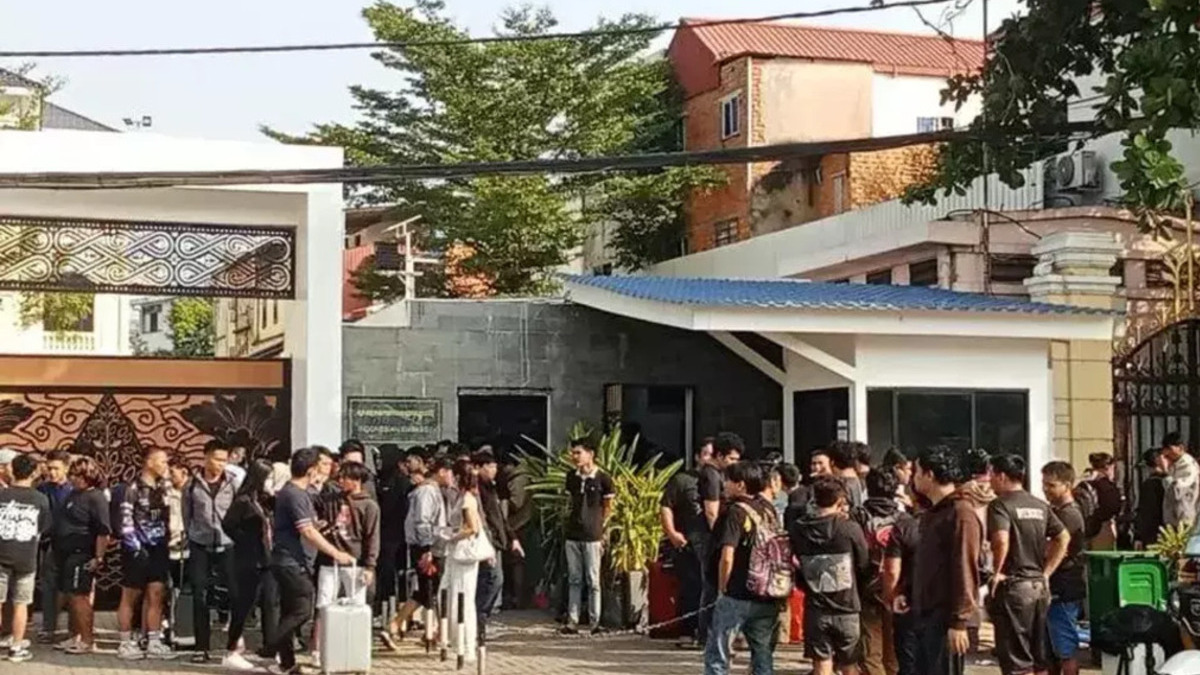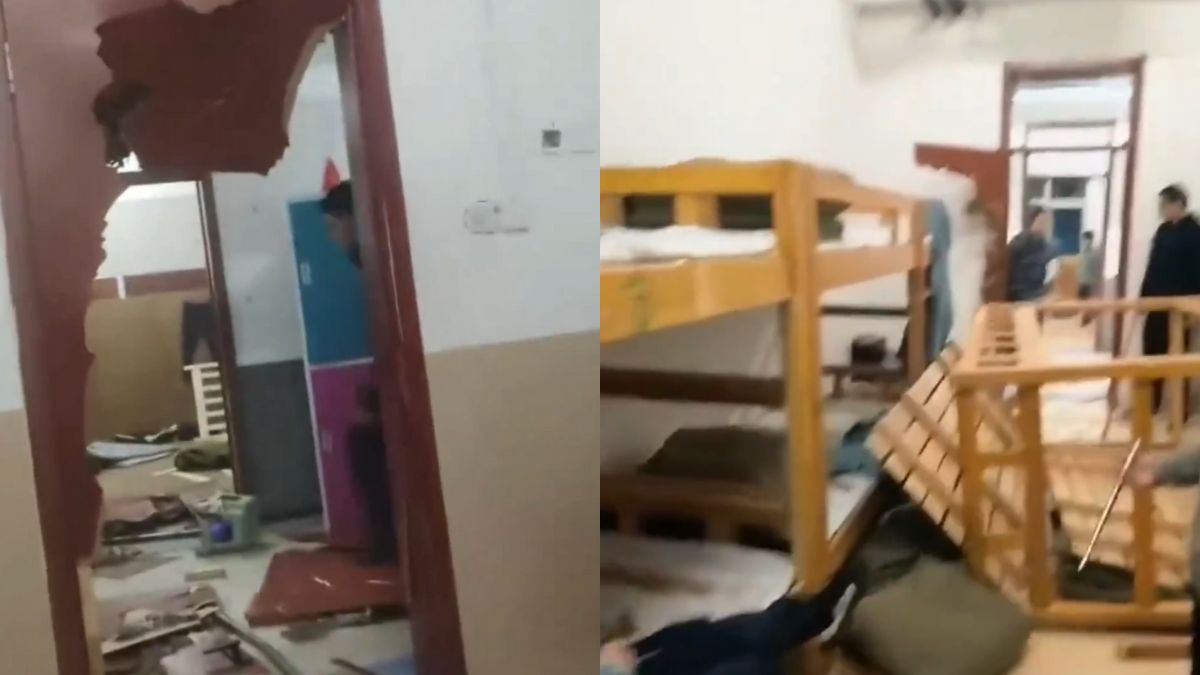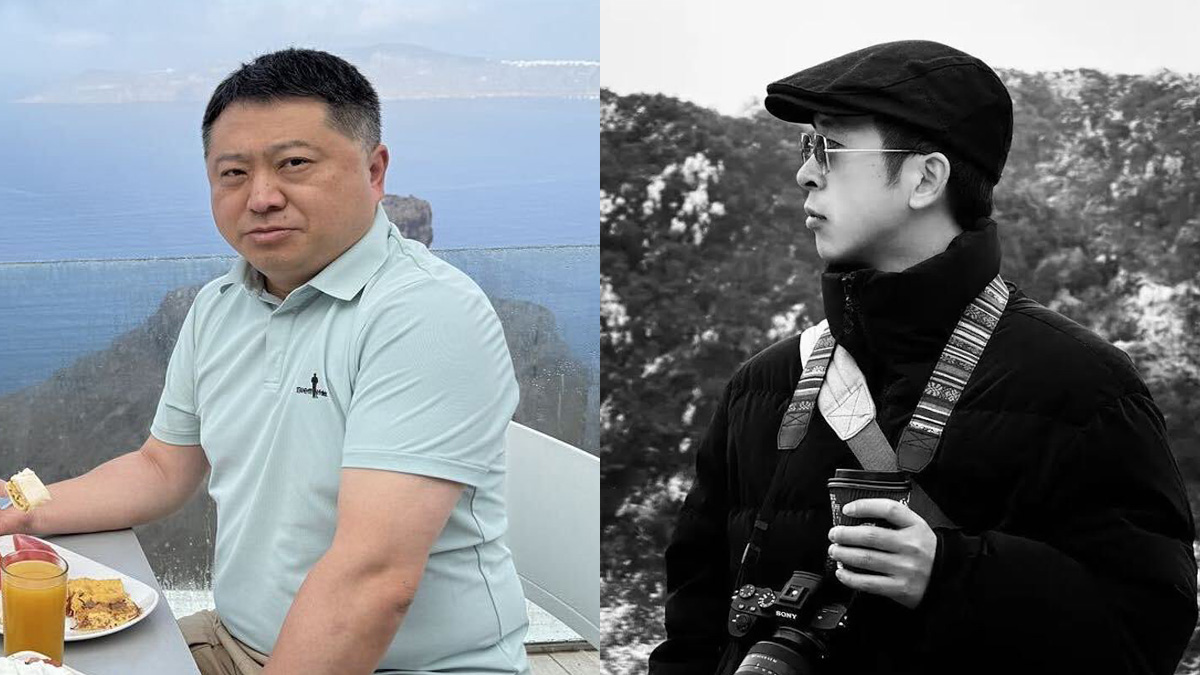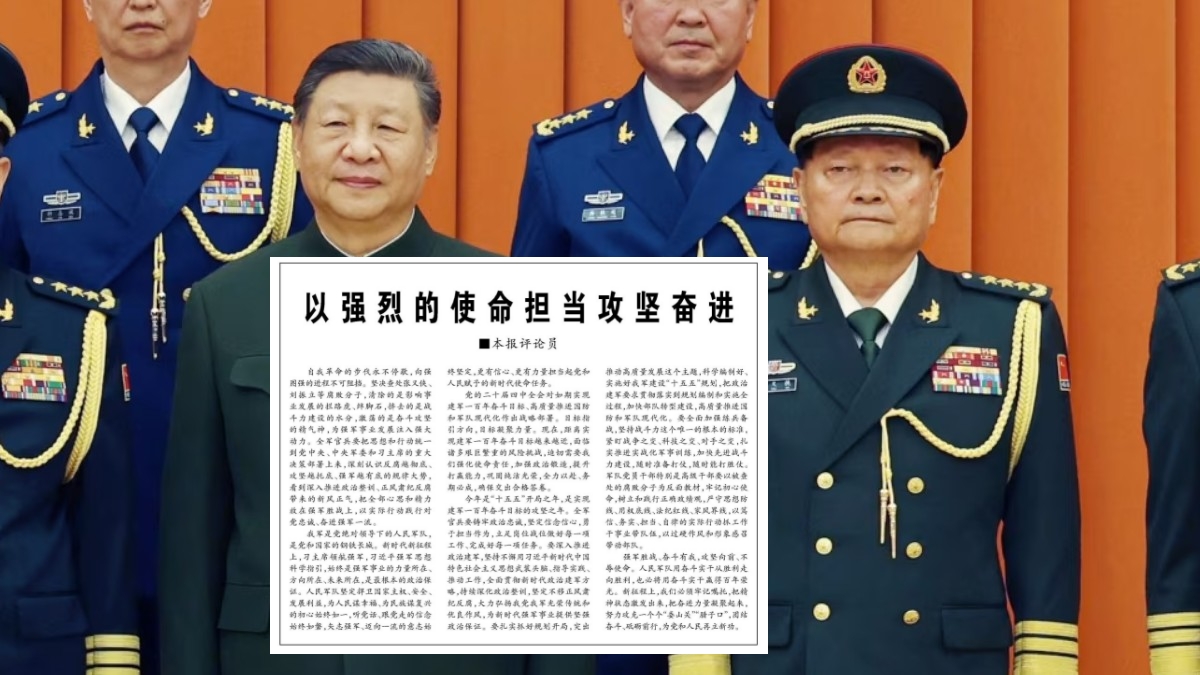Chinese court sentences five Bai family mafia leaders to death for crimes linked to cyber scams and violence
A Chinese court has sentenced five top members of the Bai family criminal group to death for leading a transnational crime syndicate involved in cyber fraud, drug trafficking, and violence, part of Beijing’s sweeping crackdown on scam networks in Southeast Asia.
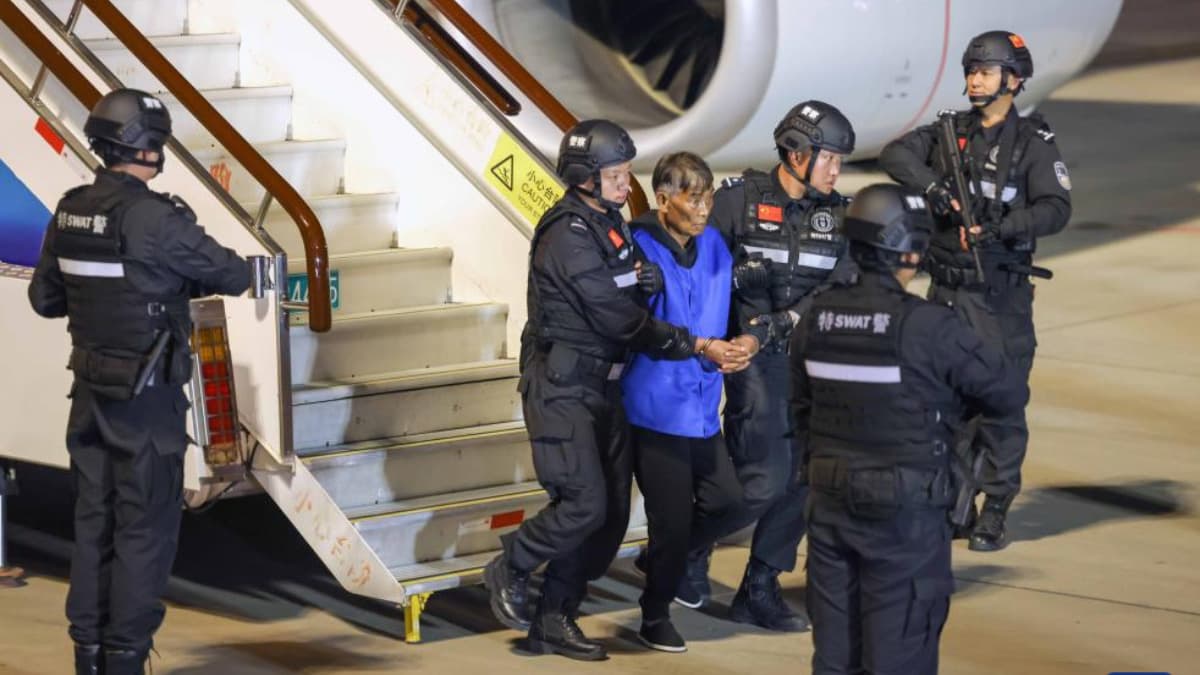
- Five Bai family mafia leaders were sentenced to death by a Chinese court for a range of violent and fraudulent crimes.
- The group operated from Myanmar’s Kokang region, running cyber scams, casinos, and trafficking rings.
- Their operations led to at least seven deaths and generated over 29 billion yuan (US$4.1 billion).
The Shenzhen Intermediate People's Court in Guangdong Province sentenced five members of the notorious Bai family criminal group to death on Tuesday, 4 November 2025, as part of China's ongoing campaign to dismantle transnational crime syndicates operating in Southeast Asia.
The court convicted 21 members and associates of the Bai group on charges including telecommunications fraud, intentional homicide, kidnapping, and illegal border crossings. The five individuals sentenced to death are Bai Suocheng, Bai Yingcang, Yang Liqiang, Hu Xiaojiang, and Chen Guangyi.
According to the court’s statement, two other members — Li Fushou and Li Zhide — received death sentences with a two-year reprieve, while five were sentenced to life imprisonment. Nine others received fixed-term prison sentences ranging from three to 20 years. Additional penalties included fines, confiscation of assets, and deportation.
The group, led by patriarch Bai Suocheng and his sons Bai Yingneng and Bai Yingcang, established its power base in Myanmar’s Kokang region. There, it leveraged local influence and militia support to build a criminal empire dating back to the early 2000s.
According to state media reports and the court release, the Bai family operated 41 compounds in the border town of Laukkaing. These served as hubs for cyber fraud, illegal casinos, and other illicit activities, protected by armed personnel under their command.
Their operations included the recruitment and forced detention of trafficked workers, many of them Chinese nationals, who were compelled to conduct large-scale online scams. These schemes are estimated to have defrauded victims of more than 29 billion yuan (US$4.1 billion).
The court found that the group’s actions directly led to the deaths of six Chinese citizens, the suicide of another, and multiple injuries. One of the most serious charges against Bai Yingcang involved conspiring to traffic and manufacture 11 tonnes of methamphetamine.
The court identified 12 separate offences committed by the group, including intentional injury and the operation of illegal border crossings. The judgments were based on the severity of each defendant's actions and the social harm caused.
The harsh sentencing is part of a broader campaign by Chinese authorities to clamp down on organised crime linked to Southeast Asia. In 2023, Beijing intensified pressure on Myanmar’s military government to suppress scam operations in regions like Laukkaing, long considered safe havens for such criminal groups.
In early 2024, Myanmar handed over several key figures, including Bai Suocheng, to Chinese authorities following the issuance of arrest warrants by Chinese police the previous year.
The rise of the Bai family and similar syndicates, such as the Ming family — whose members were also sentenced to death in September — dates back to the early 2000s. They rose to prominence under the protection of Myanmar military figures, including Min Aung Hlaing, now head of the country’s junta.
At its height, the Bai family was regarded as the most powerful of the Kokang-based crime clans. Bai Yingcang himself declared in a Chinese state documentary aired in July 2025, “At that time, our Bai family was the most powerful in both the political and military circles.”
The documentary also revealed harrowing accounts of abuse within the family’s compounds. A former scam worker described being tortured, with fingernails pulled out and fingers severed — part of the enforcement tactics used to control trafficked victims.
The crackdown on the Bai family has been positioned by Chinese authorities as both a legal action and a broader message. A Chinese investigator interviewed in the state documentary stated, “It’s to warn other people: no matter who you are, where you are, as long as you commit such heinous crimes against the Chinese people, you will pay the price.”
The fall of the Bai family represents a turning point in China’s effort to rein in criminal operations that have plagued Southeast Asia for over two decades. Analysts say the campaign signals Beijing’s growing reach and willingness to project judicial authority across borders to protect its citizens and dismantle illicit networks.


